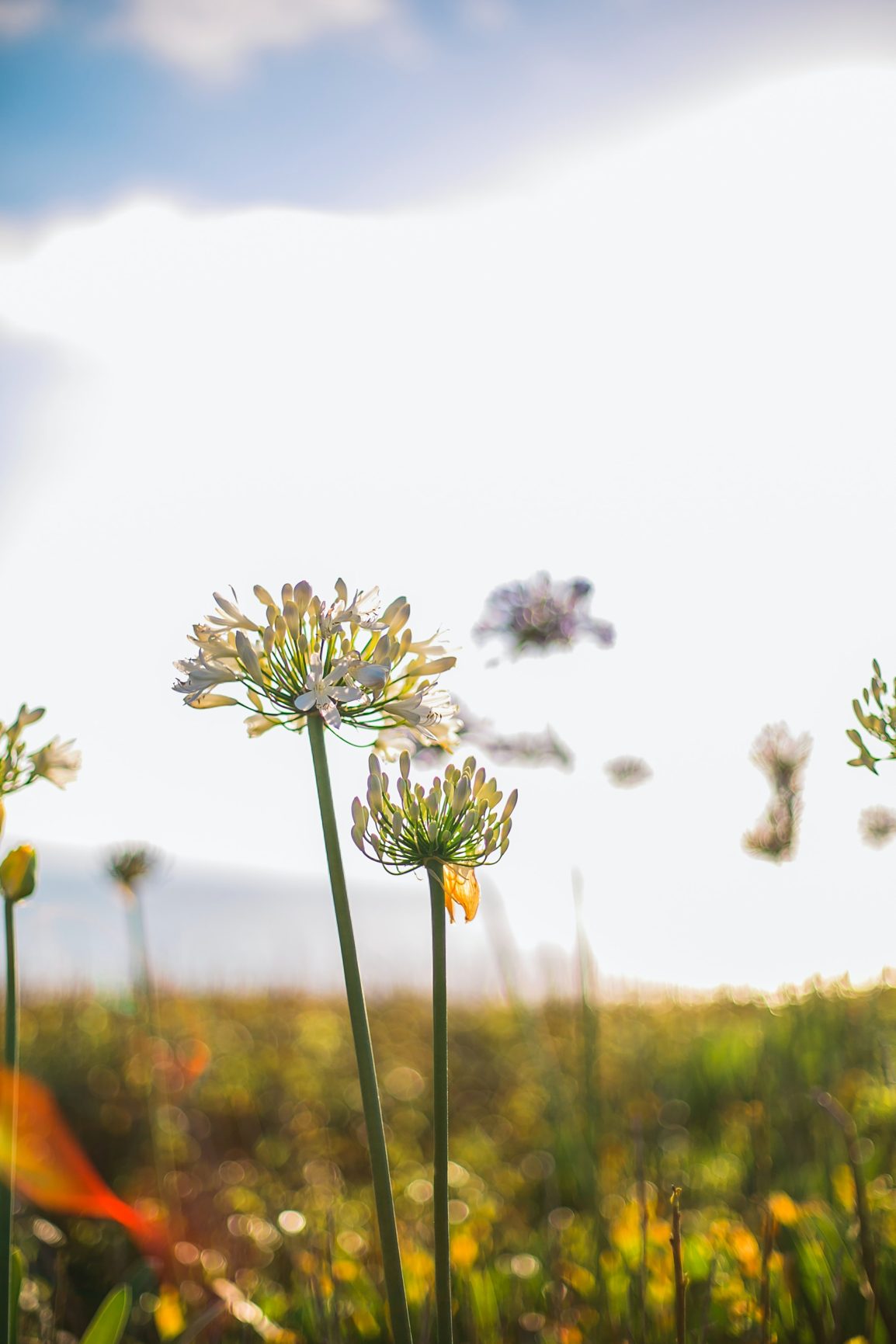Who made eggplants? How did a person discover them? And how does agriculture change over time? EK Janaki Ammal, a major figure in botany, lived in a small town in Kerala, India- she sought to find the answers to those questions.
EARLY LIFE
First, Her father, Dewan Bahadur Edavalath Kakkat Krishnan, had a job as judge of the Madras Presidency. She had eleven siblings in her family. In her family, she engaged in intellectual pursuits and in the fine arts, but Ammal chose to study botany. Then, She attended college at Queen Mary’s College, and from 1924-25, she studied at the University of Michigan to obtain a Master’s degree. In 1931, she studied a D.Sc (Doctor of Science). From there, she began her career as a professor of Botany at the Maharaja College of Science for three years. Next, she obtained a job as a geneticist at the Sugarcane Breeding Institute. She made several genetic crosses between sugar and bamboo. She traveled to London, continuing to work as a cytologist.
CAREER
However, Ammal’s scientific research in botany is most impressive. She discovered the number of chromosomes and differences in the plants that she studied. She discovered that pouring certain chemicals on plants could create a heavier and lusher texture. Her research into sugarcane plants perfected a cross that would thrive in India’s climate specifically. Even as a retiree, she studied the benefit of medicinal plants and what symptoms they could treat.
LIFELONG IMPACT
The impact she left on agriculture is not to be understated. In an India Currents Magazine edition of 2000, she earned the title of Indian American of the Century. Later, She earned a Ph.D. in Botany and created plants that allowed food for millions. One of these is actually the hybrid brinjal (also known as the eggplant!). Posthumously, a board created the EK Janaki Ammal National Award on Plant or Animal Taxonomy. She joined the Indian Academy of Sciences and Indian National Science Academy, and is forever remembered for her contributions.
To learn more about careers in science, check out this article.

